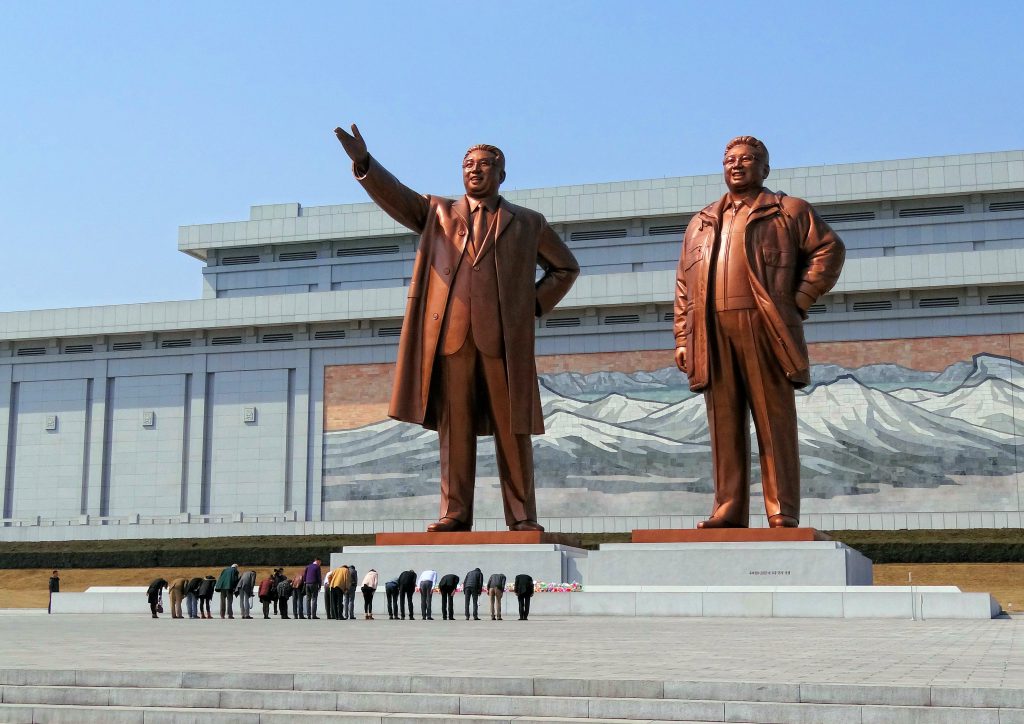
For the first time in their history, Americans have to prepare for life under authoritarian rule. The question is how will they survive it?
I have friends in other countries that have had to confront creeping authoritarianism. They are in Russia, Turkey, China, India, and elsewhere. We live in an age of global neo-authoritarianism. We are not alone.
Many of them survive by ignoring it. After all, there is comfort in one’s own cave. Daily life goes on.
But others do not succumb so easily. We are all citizens of the countries of which we are a part, and this means we are collectively responsible for the quality of public life within them and around the world. We cannot just roll over and sleep.
This is true even—and perhaps especially—in a time of rising authoritarian rule. Most of my friends around the world are fighters.
In the face of mounting authoritarian control, they have adopted several approaches, each worth emulating:
Vigilance
They keep aware of what is happening. They keep up with the news, even when it is increasingly controlled or cowed by strongarm tactics. They are sensitive to the intimidation and manipulation of news media and try to make sure that skewed information does not go unchallenged.
Sometimes they have to resort to foreign sources of news, or to finding information networks online. In the most difficult situations email chains and word of mouth provide ears to hear what is happening in the world around them.
Connection
They keep in touch with one another. This is a source of information, but also inspiration. It can also lead to creative ways of getting around the limitations imposed by censorship and social controls.
They also reach out to friends and contacts around the world. We live in an interlocking global society and we need the support of a planetary community.
Alternatives
Local, county, and statewide governmental structures become significant alternatives to a dominant national regime. They can mitigate the influence of manipulative national government. And they can sometimes counter it.
Nongovernment organizations can provide other alternatives to public life. Community-based action can offer services and embrace marginalized people effectively. They point to a different way of conceiving public service.
Resilience
They do not give up. Most authoritarian powers crumble under their own weight. While democratic institutions still exist the power of elections provide ways to change or mitigate their stranglehold over governmental structures.
If elections are no longer freely available, other forms of pressure can provide checks on seemingly unbridled power. Sometimes the most effective challenge to authority comes from within the regime itself.
In my own study of how terrorist movements come to an end, I concluded that their demise is usually due to internal schisms within the organization, and a withdrawal of support from the general population.
The good news is that they do end. Democracy may be a fragile and capricious way of life, but it is resilient.
Do not give up.
